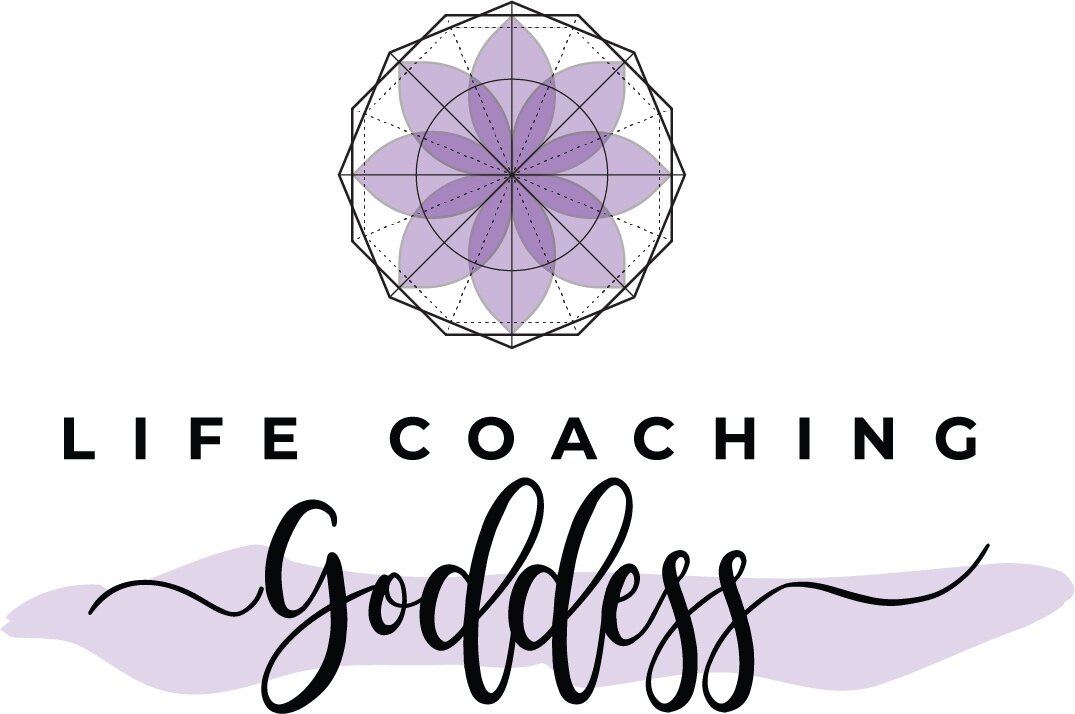Why am I codependent?
Have you ever felt like that needy, clingy partner?
Have you ever felt anxious when you can’t control others, especially your partner?
Have you ever been the individual to enable someone else’s negative behavior, and given them a million excuses?
Have you ever denied your own needs, and only been focused on your partner’s needs and wants? Leaving yourself feeling drained, joyless, and unhappy.
Do any of the above scenarios feel familiar to you?
If so, you may already recognize that you may lean toward codependent behaviors, or that you may be a full blown codependent. No matter where you are at, you’re not alone. There are countless of adults that are in these type of relationships, and not consciously aware of it. It can lead to really unfulfilling relationships, where one partner is not truly living. This doesn’t only count for romantic relationships, you can be codependent in friendships, work relationships, and family relationships. Anytime, we enmesh our identity with another we are acting from a codependent place.
I have so many in my community asking me to speak on why we become codependent, because after all there is always a root cause. It’s truly simple. Usually, it is rooted in the childhood experience.
As children, we form our basis for healthy relationships based on our relationships with parents and other family members. Codependency issues typically develop when someone is raised by parents who are either overprotective or under protective.
Overprotective parents may shield or protect their children from gaining the confidence they need to be independent in the world. In such situations, a child may grow up to be scared of trying new things. For example, a parent may have forbidden you from learning to skateboard for fear of you getting hurt. This seems reasonable and parental protection is a natural response up to a point but can have many negative psychological consequences if it becomes intensely overbearing. Ever hear of helicopter parenting? Not a healthy way to show up, because the child feels fearful of new experiences.
Another form of overprotective parenting can come in the form of coddling to the extent that a child never learns basic life skills. If a child is never taught basic life skills, it makes sense that they will seek someone to fill those responsibilities in adulthood. Then become extremely dependent on someone else, and may limit a real sense of self.
On the other side of the parenting spectrum, we see many cases of under protective parents. These types of parents can help build the foundation for codependency by not providing enough support in development. In a healthy parent-child relationship, we see a solid foundation of confidence that allows a child to build independence at a healthy rate over several years. When this is not the case, a child may end up feeling very alone and unsafe in the world. Many children of under protective parents may end up overcompensating by becoming very resistant to any guidance or support.
We often see that many children coming from households with parents that have substance use problems may have issues with codependency themselves later in life. This may be due to their familiarity with neglecting their own needs for the needs of another person. In these situations, the parent-child relationship is reversed and the child is the primary caregiver for their parent. It happens more often than you may think. This results in the people pleasers!
Children raised in unhealthy households may have an inherent need to satisfy those around them. They may also seek emotional fulfillment from the satisfaction of other people. As children, we are often at the mercy of our household situation.
As adults, we’re free to break the cycle of codependency. It requires gaining the awareness of why you are showing up this way, and getting to the root cause. After all,
It is lack of clarity that creates chaos and frustration. Those emotions are poison to any living goal.
In my own journey of breaking free, I had to break old patterns, and build new ones. It didn’t happen overnight, but with practice and help I was able to create a new self identity where I created boundaries, and self awareness in all relationships.
In my next article, I will discuss how children raised in the scenarios above may see codependency manifest itself in any number of ways when they reach adulthood.
As always thank you for being here with me,


